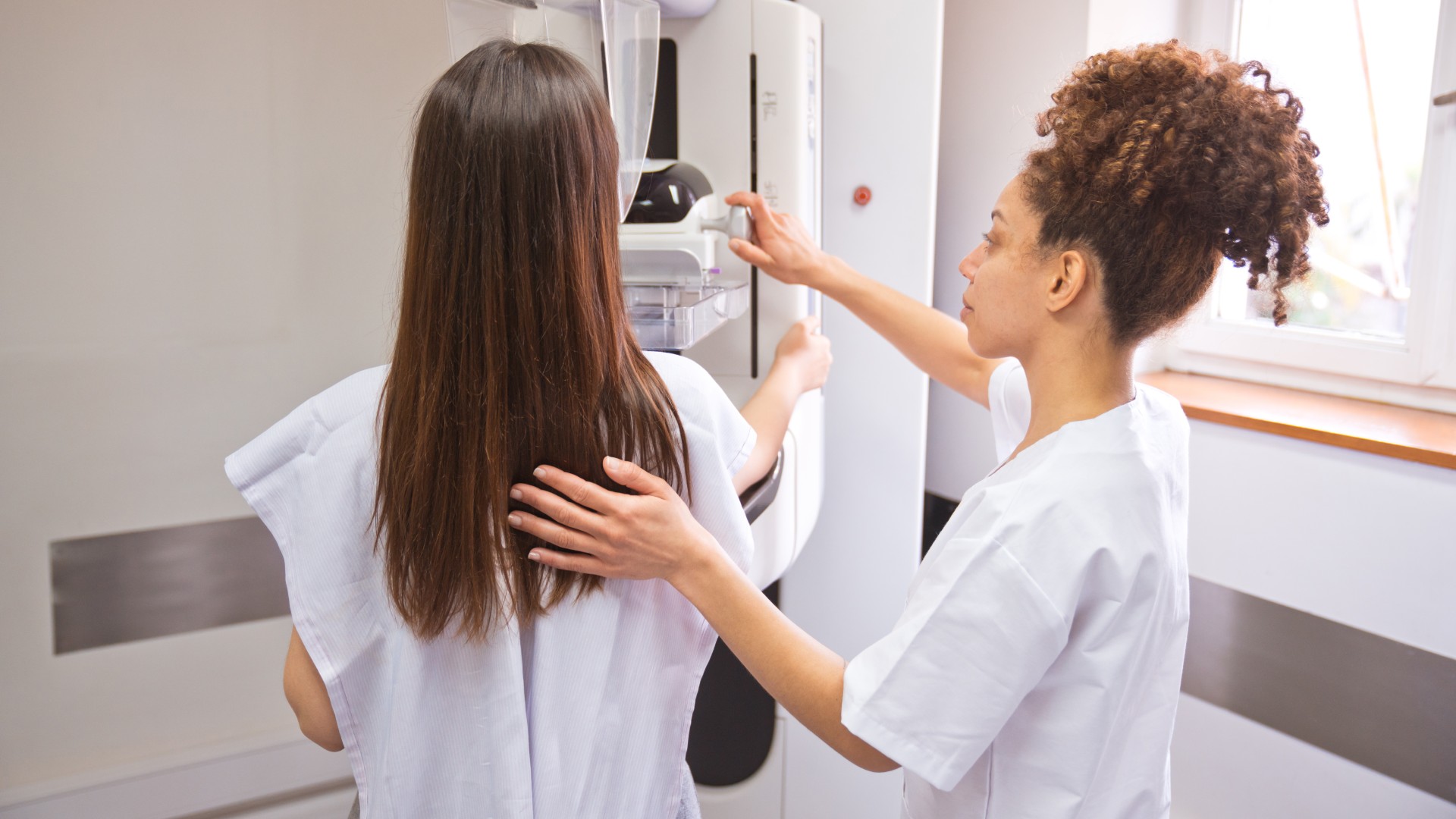
A new study has identified 80 genes that may increase the risk of developing breast cancer — 70 of which were previously unknown to be tied to the disease.
These gene variants — genes that carry a distinct difference in their DNA code — were discovered by scientists who analyzed the genomes of people from a dozen families. All 12 families have a high incidence of breast cancer, but their cancers had no known genetic causes.
Most cases of breast cancer happen spontaneously, meaning they don't arise from genetics passed down through families. However, approximately 5% to 10% of cases are hereditary, occurring in people with a family history of the disease. Of those individuals, around 30% will carry mutations in two genes known as BRCA1 and BRCA2, which normally help to repair damaged DNA in cells but malfunction in cancer. Other people may carry different gene variants that increase their risk, such as PTEN and TP53.
However, many families are left without answers as to the genetic cause of their disease.
Related: Double mastectomies don't increase cancer survival, study suggests
One possible reason for this is because large-scale genetics studies of cancer have focused mainly on women of European ancestry, said Dr. Gal Passi, lead author of the new study and a doctoral student in computer science at the Hebrew University of Jerusalem. These have likely overlooked gene variants that may be carried by ethnic groups not included in the analyses, he told Live Science.
To help bridge this gap, Passi and colleagues analyzed the genomes of 12 families of Jewish Middle Eastern, North African and Ashkenazi ancestry. This included 35 people with breast cancer and 5 without the disease. Breast cancer was common in these families, yet each family member tested negative for known genetic risk variants for the disease.
Within these people's genomes, the researchers identified 1,218 mutations that were shared among the individuals who had breast cancer. They then used a combination of machine learning techniques — a type of artificial intelligence — and an analysis to forecast what types of proteins each of the genes carried instructions for. In this way, they predicted which of the gene variants likely make proteins that are cancer-causing.
They home in on 80 variants that are significantly associated with an increased risk of developing breast cancer.
Eight of those gene variants — which were carried by members of seven of the families — encoded for proteins involved in fatty acid metabolism. Fatty acids are the building blocks of fat molecules, which the body’s cells break down to release energy. Although only a theory at this stage, it's possible that breast cancer cells somehow target these fatty acid breakdown pathways to improve their chances of surviving, Passi said. This would make sense because tumors are very energy-demanding tissues.
In a separate experiment, the researchers analyzed the genomes of around 10,000 patients with breast cancer whose information was stored in a large genetic database. They found that the eight gene variants identified in their study were carried by 9%, or about 900, of these individuals.
They also discovered that three of these variants were linked to low survival rates in the patients who carried them, compared to people who carried different versions of the genes.
Taken together, these data support the idea that these 80 gene variants are relevant to breast cancer. The findings were described in a paper published July 22 in the journal Briefings in Bioinformatics.
The researchers now want to do lab experiments to see whether the gene variants really do produce proteins that change how tumors emerge and grow, Passi said. In their current study, they only made predictions about the tumors' behavior, so now, these must be confirmed. The team would also like to see if they can identify more cancer-linked variants in a greater number of families with the disease.
Identifying variants like these is important because it could pave the way for more inclusive genetic testing for breast cancer and, hopefully, the development of treatments that target each unique type of cancer, Passi said. One of the gene variants highlighted in the study, called HSD17B4, has already been suggested as a potential drug target in breast cancer, he added.
Editor's note: This article was updated on Nov. 6, 2024 to include a link to the study. The original article was published on Nov. 5, 2024.
Ever wonder why some people build muscle more easily than others or why freckles come out in the sun? Send us your questions about how the human body works to community@livescience.com with the subject line "Health Desk Q," and you may see your question answered on the website!







